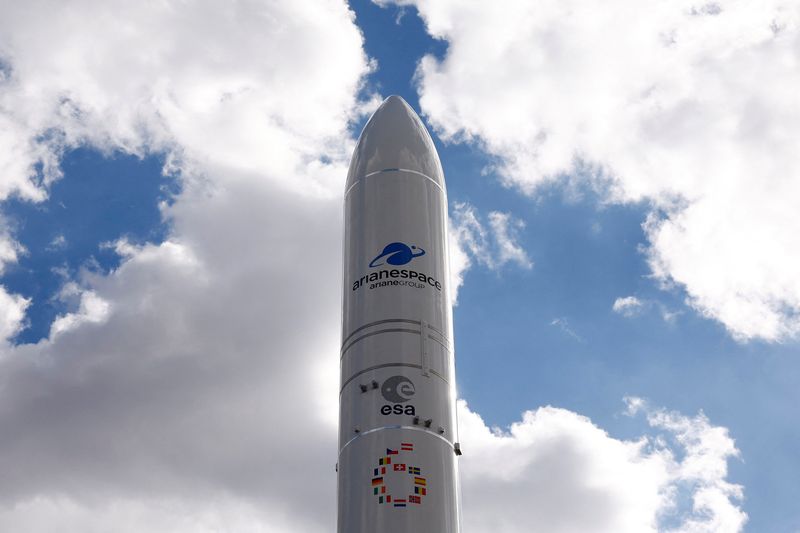Europe increases space financing in times
2022.11.22 13:52
[ad_1]

Europe increases space financing in times
Budrigannews.com – On Tuesday, European ministers argued over a proposal to increase funding for space by 25% over the next three years. The goal is to keep Europe at the forefront of Earth observation, expand navigation services, and continue to be a partner in exploration with the United States.
In a triennial funding ritual held against the backdrop of pressure on public finances, the European Space Agency (ESA) is asking its 22 nations to support a budget of approximately 18.5 billion euros for 2023–25, up from 14.5 billion at its last summit in 2019.
Addressing lawmakers a short distance from the Eiffel Pinnacle, organization chief general Josef Aschbacher pursued for help as ESA passed the cap for logical, perception and investigation extends a couple of yards from the site of the world’s most memorable hydrogen swell trip in 1783.
“An energy crisis, high inflation, and the biggest geopolitical crisis Europe has seen since World War Two are all happening right now.”The climate crisis is the cherry on top,” Aschbacher informed ministers.
“A Europe whose space agenda mirrors its political and economic strength is the goal of this package.”
In the midst of ambitions from the United States and China, Europe’s largest three space launch nations—France, Germany, and Italy—issued a joint declaration at the start of the ESA talks to open the door to a new generation of microlaunchers and a review of funding regulations.
The statement called for closer alignment between funding and the commercial risks taken by each partner, rather than the current “fair return” rule, which dictates that each country gets work in proportion to the amount it puts into projects like Ariane. Delegates said the statement balanced the interests of ESA’s biggest backer, Germany, which is home to several microlauncher startups. It also called for France, which wants stable funding for Europe’s delayed Ariane 6, and Italy, which wants more autonomy for its Vega-C.
Delegates stated that the long-standing workshare rule that supports ESA is unlikely to be significantly altered in the near future. France has complained for a long time that the system leaves its large space industry dependent on overpriced parts from less experienced nations.
According to the European Space Agency (ESA), microlaunchers are made to carry payloads of up to 350 kilograms, including small commercial or experimental satellites.
The agency, which has traditionally controlled its own vehicles and is supported by France, which operates Europe’s Ariane rocket, faces growing political support for the NewSpace trend at a time when Ariane 6 delays have focused attention on space access.
Ariane is approximately one year behind schedule and has resulted in cost overruns that have primarily been borne by the leading three nations.
However, delegates stated that negotiations among ESA nations that will conclude on Wednesday need to find an additional 200 million euros.
A logistics lander that will be connected to the Artemis moonshot program, which is led by NASA, is one of the other projects.
ESA also wants to launch new climate research and extend Europe’s global navigation system into low Earth orbit.
At a time when Russia’s war against Ukraine has highlighted the rapid expansion of constellations like SpaceX’s Starlink, nations are also discussing a “zero-debris” approach to space.
In an interview with Reuters last month, Aschbacher urged global action to alleviate congestion in low Earth orbit, including the prohibition of anti-satellite weapon testing.
Even though they are rare, tests of this kind have raised concerns about militarization of space, which sits awkwardly alongside commercial and other peaceful uses of space. Aschbacher told Reuters that without these uses, “society would crumble.”
The sheer number of satellites and debris fragments in low Earth orbit presents a challenge even in the absence of such threats.
“Accidents will occur;This is to be expected; the question is how much effort is put into preventing accidents, “Aschbacher stated.
“Everyone is affected by it;This is a problem that needs to be addressed on a global scale with everyone involved, in my opinion, especially for those who manage large constellations.
[ad_2]








